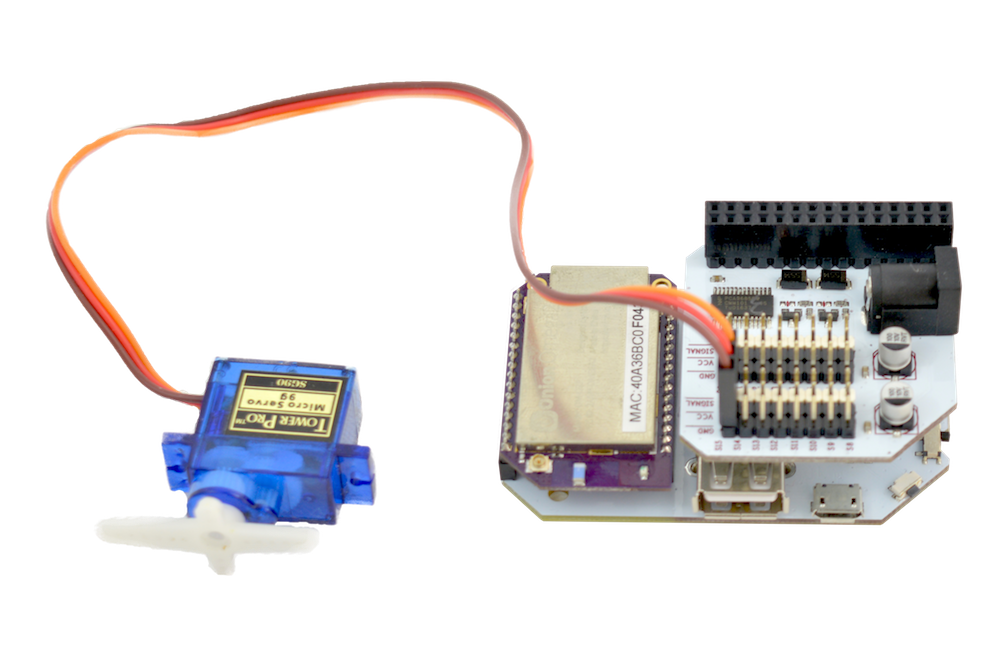Reference Material
Introduction
Onion has several articles to help you get started with your Omega2 development projects. A few key articles cover Omega2's supported programming languages and its hardware interfaces.
Supported programming languages
The Omega2 supports several programming languages, so you can program in your language of choice. These include C/C++, Python, Node.js, Shell Scripts, Rust, GoLang, HTML, PHP, Ruby, and Perl.
For further information, please see the article on Supported Programming Languages.
Hardware interfaces
The Omega2 offers several hardware interfaces including a USB 2.0 host, an Ethernet port, SDIO/eMMC interface, GPIOs for external circuits, hardware PWM channels, UARTs for serial communication, a built-in SPI controller, an I2C interface, a WiFi antenna, and a u.FL Connector.
For further information, please see the Pinouts article, which provides pinout diagrams and a list of supported hardware interfaces for the Omega2 variants. From here, you can access detailed information about each hardware interface.
Docks & Expansions
Onion offers several Expansion boards to extend the capability of your Omega2 development projects.

And if you're not using the Omega2 or Omega2S Eval Board, there are several Docks that are meant to simplify development with the through-hole Omega2.
See the Hardware Overview in the legacy documentation for more information on Docks and Expansions.